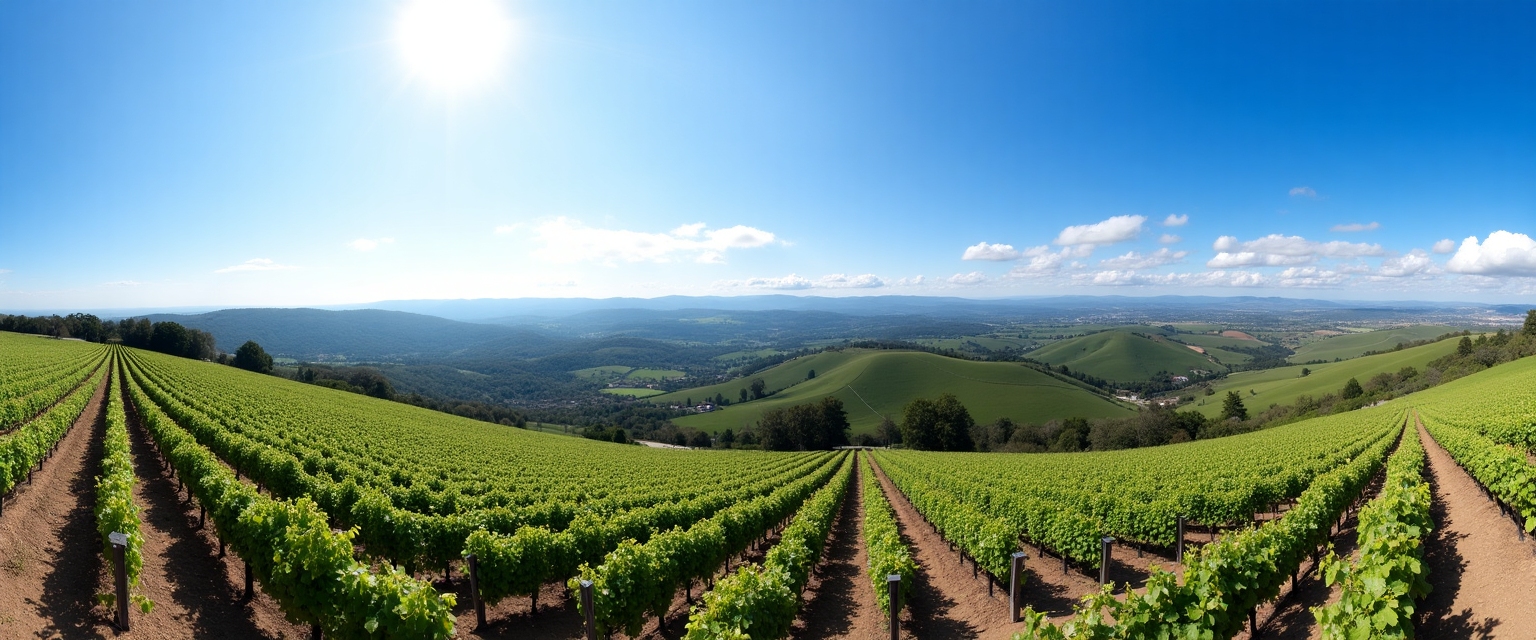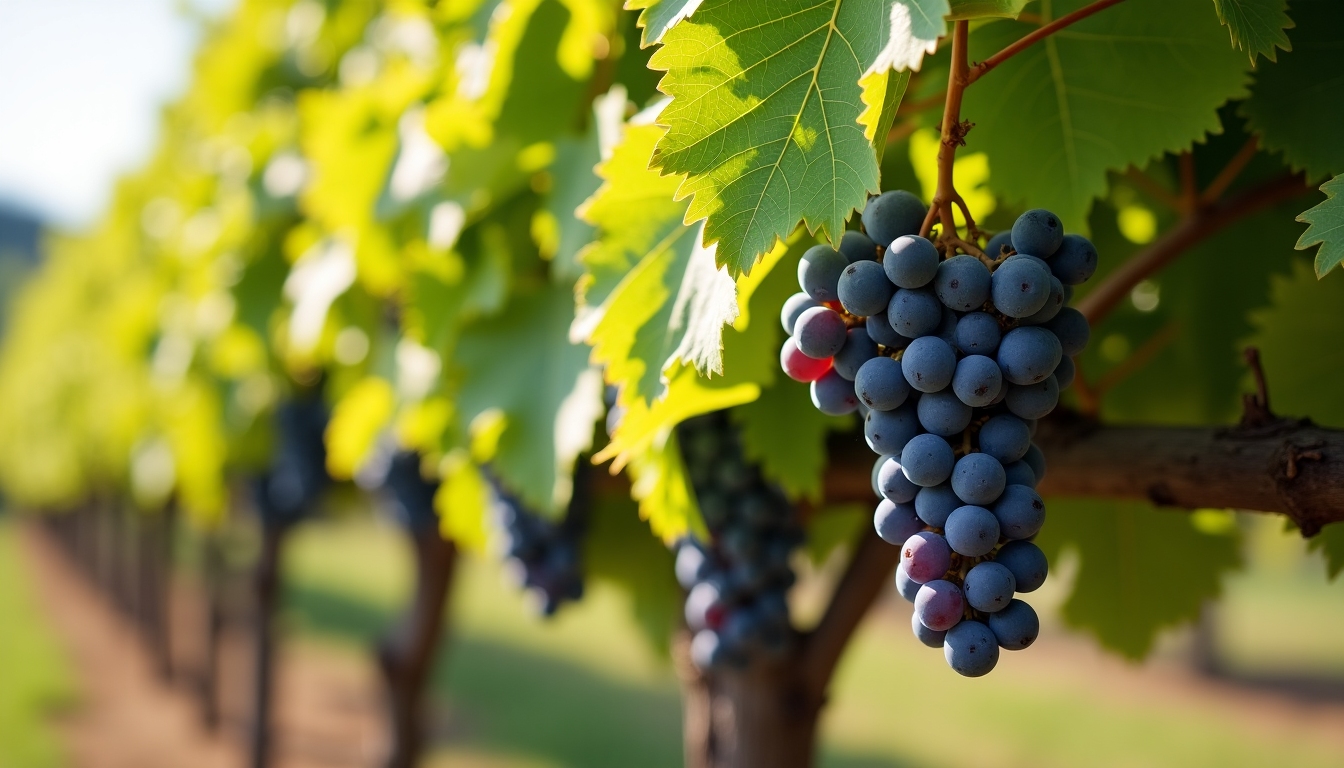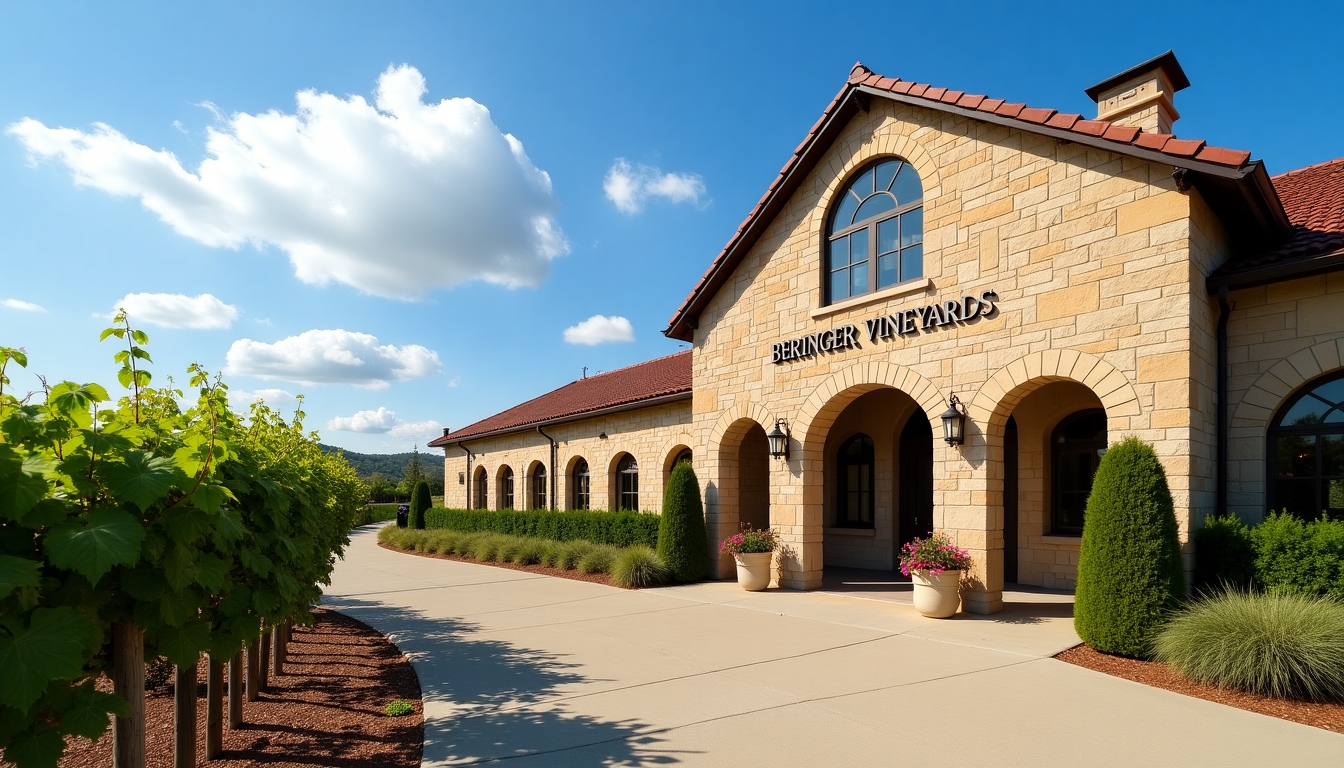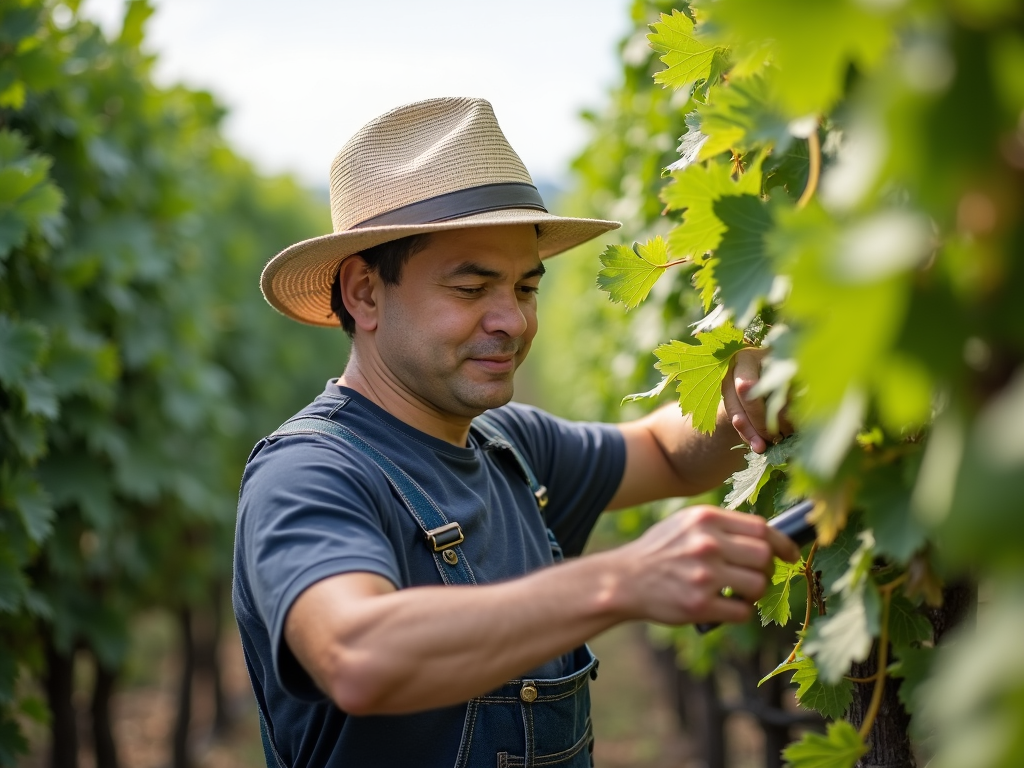Exploring Napa Valley’s Green Wineries: A Guide to Sustainably Sourced Wines
Napa Valley is renowned for its world-class wines, but it's also a leader in sustainable winemaking. This article explores the region's green wineries, highlighting their eco-friendly practices and the exceptional wines they produce.

Napa Valley, located in Northern California, is one of the world's most famous wine regions. Its unique climate, with warm days and cool nights, creates the perfect conditions for growing a variety of grape varietals. The region is home to over 400 wineries, ranging from small, family-owned operations to large, internationally recognized brands.
What Makes a Winery "Green"?
Green wineries go beyond just producing wine; they are committed to protecting the environment and promoting sustainability. This includes:
- Organic Farming: Many green wineries avoid synthetic pesticides and fertilizers, opting instead for natural alternatives. This not only protects the soil and water but also ensures that the grapes are free from harmful chemicals.
- Water Conservation: Water is a precious resource in California, and green wineries are finding innovative ways to conserve it. This includes using drip irrigation systems and recycling water for irrigation.
- Energy Efficiency: Solar power is a popular choice among green wineries, allowing them to reduce their reliance on fossil fuels. Some wineries even generate enough solar energy to power their entire operations.
- Waste Reduction: From recycling grape pomace to composting, green wineries are finding ways to minimize waste and reduce their environmental footprint.
These practices not only reduce the environmental impact but also contribute to the production of high-quality wines.

Examples of Green Wineries in Napa Valley
Several wineries in Napa Valley have embraced sustainability. One notable example is Beringer Vineyards, a historic winery that has been producing wine since 1876. Beringer is committed to sustainable practices, including water conservation and energy efficiency. Other examples include:
- Frog's Leap: Known for its organic farming practices and commitment to dry farming, which reduces water usage.
- St. Supéry: Focuses on biodiversity and energy efficiency, with initiatives like planting cover crops to improve soil health and installing solar panels.

Beringer Wine Tasting Events
Beringer offers a variety of wine tasting experiences that showcase their sustainably sourced wines. Visitors can enjoy a range of wines, from their classic Cabernet Sauvignon to their innovative blends, all while learning about the winery's green initiatives. The tastings are held in a beautiful setting, surrounded by vineyards and historic buildings, making for a memorable experience.

Personal Insights
During a recent visit to Napa Valley, I had the opportunity to tour several green wineries, including Beringer. What struck me was the passion and dedication of the winemakers to sustainability. They shared stories of how their practices not only benefit the environment but also enhance the flavor and quality of their wines. It was inspiring to see firsthand the positive impact of these initiatives.

The Impact of Sustainable Practices
Sustainable winemaking has a profound impact on both the environment and the wine itself. By reducing chemical use and conserving resources, wineries help preserve the land for future generations. Additionally, many winemakers believe that sustainable practices lead to better-tasting wines, as the grapes are grown in healthier, more balanced ecosystems.
The Future of Sustainable Winemaking in Napa Valley
As consumers become more environmentally conscious, the demand for sustainably produced wines is likely to increase. Napa Valley's green wineries are well-positioned to meet this demand, with many already adopting cutting-edge sustainable practices. Innovations in technology, such as precision agriculture and renewable energy, will continue to drive the industry forward.
Napa Valley's green wineries are leading the way in sustainable winemaking, producing exceptional wines while preserving the environment.